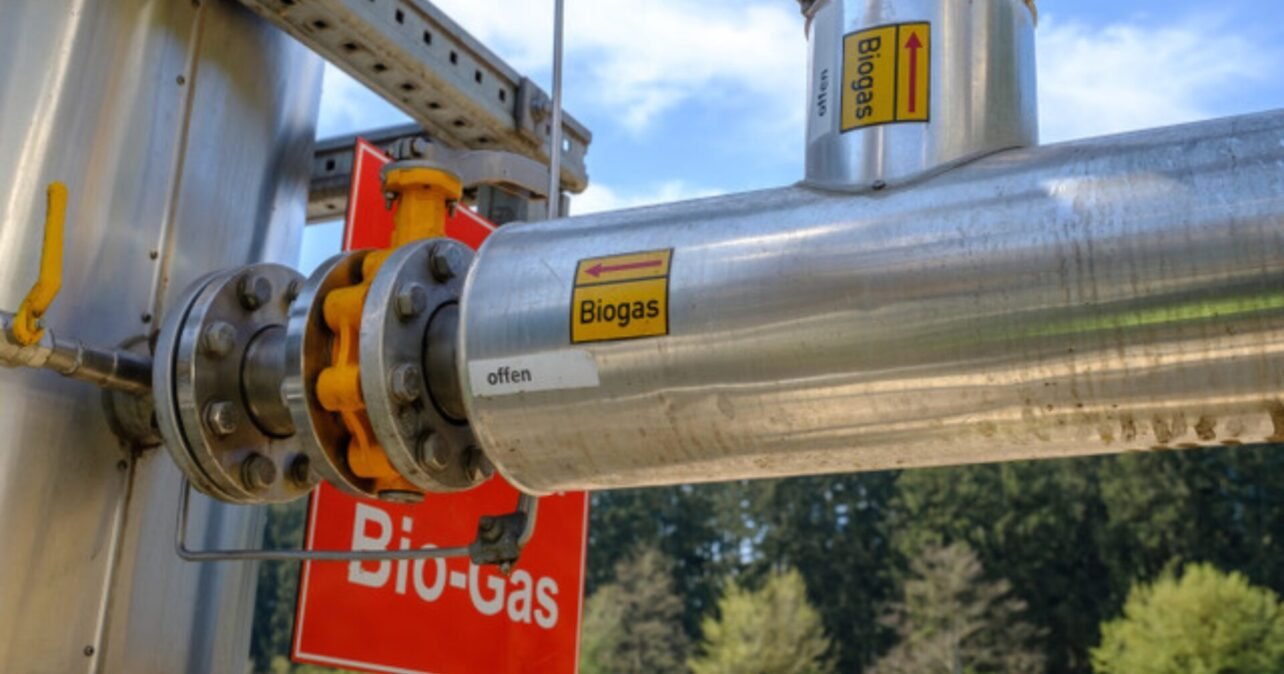Share
If Bioenergy Devco has its way, Delaware could soon become ground zero for factory farm gas production.
Home to a billion-dollar poultry industry, Delaware produces about 280,000 tons of poultry waste each year, most of which is applied to the state’s cropland.
Bioenergy Devco wants to capitalize on that waste by expanding its operations in Seaford with the launch of a new facility that would transform poultry waste from Delaware, Maryland and Virginia into factory farm gas.
The operation could be the first in the U.S. to convert complex chicken waste into factory farm gas on a regional-scale. The impact of the waste byproduct is widely unknown, however; communities located near storage sites report cancer rates, water pollution, and nuisance odors.
Despite strong opposition from locals, the Bioenergy Devco project was approved by Sussex County Council last spring. Now, it needs approval for multiple state and environmental permits from the Delaware Department of Natural Resources and Environmental Control (DNREC).
If approved, the operation would truck 250,000 tons of poultry waste into Seaford each year, further polluting the state’s natural resources and placing underserved and communities of color at risk.
Maria Payan, SRAP senior regional representative, said:
“It’s disgraceful that the two closest communities to the proposed Bioenergy Devco project are primarily low-income communities of color. The Biden administration’s commitment to environmental justice requires fence line communities to have a seat at the table—and that’s not happening in Delaware, the president’s home state.”
On Wednesday, October 26 at 6:00 p.m. ET, DNREC will hold a virtual public hearing on the proposed project. The hearing, which will be translated into both English and Spanish, will allow pre-registered attendees to express their concerns about the project.
Delaware residents have until December 2, 2022 to provide final written comments to the DNREC.
Click here to join the virtual meeting.
Click here to pre-register to issue verbal comments during the hearing.
About SRAP
For more than 20 years, SRAP has served as a mobilizing force to help communities protect themselves from the damages caused by industrial livestock operations and to advocate for a food system built on regenerative practices, justice, democracy, and resilience. Learn more at sraproject.org.

